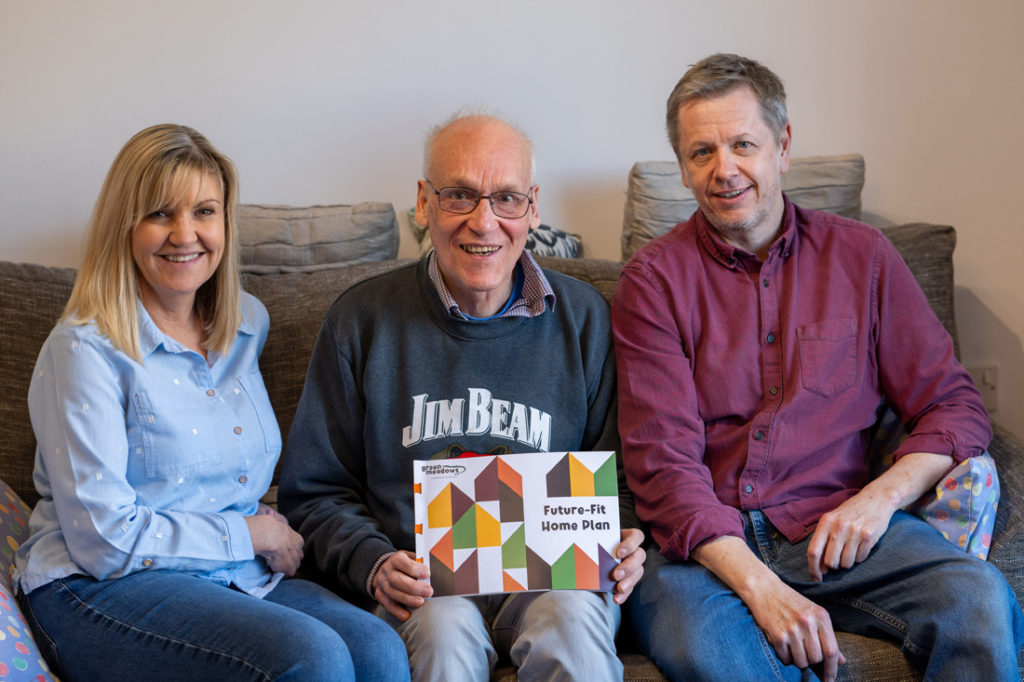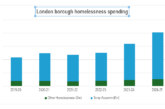A pilot housing partnership in Nottingham has enabled 77 homes to achieve annual combined carbon savings of 19.41 tonnes per year, thanks to a combination of energy efficiency advice and the installation of at least one carbon-reducing measure.
The Green Meadows project led by fuel poverty charity, Nottingham Energy Partnership (NEP), was funded by a £100,000 grant from Cadent Foundation with the aim to show what an average budget of up to £1,000 could achieve to improve the energy efficiency of a property. It targeted residents in The Meadows, where an average of 19.3% of households are living in fuel poverty — some of the highest rates in England.
Each property within the pilot received energy advice and a future fit home energy plan to identify the recommended improvements. Along with a free consultation with local contractors, each property received funding for one or more recommended measure to either reduce carbon emissions or improve ventilation. Measures included loft insulation top-ups, LED lighting installations, draught proofing, double glazing, underfloor insulation, extractor fan installation and the introduction of thermostatic radiator valves.
Overall, after implementing the measures from the project, an estimated 6% reduction in carbon emissions was achieved across the 77 properties. The most significant impact was seen in a home that installed LED lighting, optimised their boiler and replaced their doors and window frames.
The most successful combinations that have been installed for an average of £1,000 include:
- Door replacement, LED lighting and boiler optimisation
- Boiler optimisation and front door double glazing
- LED lighting, loft insulation top-up, ventilation
- Boiler optimisation, LED lighting and ventilation
Additionally, 66 of the properties received boiler optimisation advice. As a result, annual energy use across the properties is expected to reduce by almost 10%.

Participating residents were also signposted to other funding streams, such as those from the local authority, offered training to identify which measures could be completed themselves, and were shown how to reduce the flow rate temperature on their boiler to save on their heating bills
The partnership also saw NEP staff members and relevant partners receive energy efficiency training, to ensure the legacy of the project continues post-completion.
Darren Barker, Contract and Home Improvement Manager at NEP, said: “This has been a very successful partnership. It has allowed us to help people improve the energy performance of their homes with small measures to keep their property warmer, while reducing reliance on using heating. The Future Fit home energy assessments have also provided the knowledge and guidance to allow the homeowners to kick-start their retrofit projects.”
Julia Dwyer, Director of Cadent Foundation, commented: “When it comes to reducing both carbon and bills, this initiative has served as a powerful reminder of what can be achieved with a relatively modest budget. The partnership with NEP has been a crucial focus for Cadent Foundation, as we explore how homes across the country can best prepare themselves for the energy transition. It has helped us understand the most cost-effective measures that have the biggest impact, which will be vital as we look towards the future.
“However, it’s clear that for many residents living in fuel poverty, retrofitting properties appropriately will take a long time, with other pressures taking precedence. There is a significant cost associated with retrofitting, and so long-term planning to make this attainable for all households is crucial. Our partnership with NEP shows that small measures can make a big impact. Now the industry must collaborate to make this available to all properties.”










